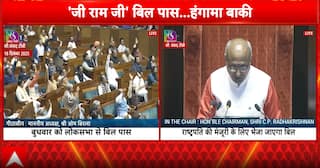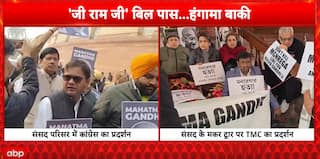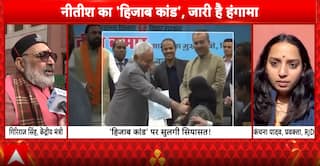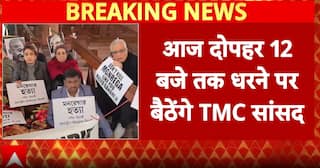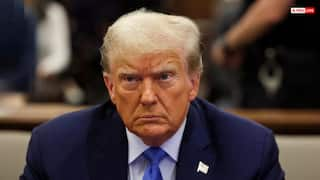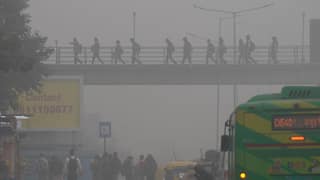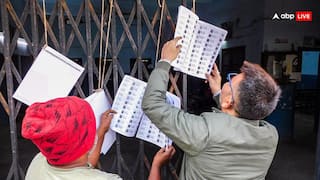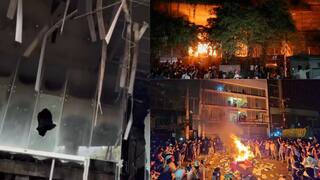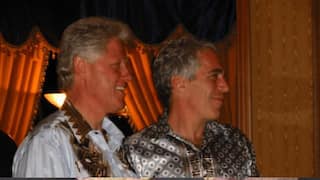Amid Row With Canada, India Says ‘Political Convenience Mustn’t Determine Response To Terrorism’
As the diplomatic row deepens between New Delhi and Ottawa, External Affairs Minister S. Jaishankar Tuesday said countries around the world should not change their ways to deal with terrorism, extremism and violence according to their own political needs.

UNGA Meet: India Tuesday took a jibe at Canada at the United Nations General Assembly (UNGA) and said countries should not respond to acts of terrorism, extremism and violence as per their own domestic political needs. Addressing the 78th UNGA in New York, External Affairs Minister S. Jaishankar also spoke of territorial integrity and non-interference of countries in other’s internal affairs and said “without genuine solidarity, there can never be real trust”.
India and Canada are facing an unprecedented diplomatic row over the Khalistan issue that has been straining bilateral ties for decades. Last week, Canadian Prime Minister Justin Trudeau alleged of a “potential India link” in the killing of Khalistan separatist Hardeep Singh Nijjar on June 18 in Canada's Surrey. India has also called Canada to be a safe haven for terrorists.
“We often advocate the promotion of a rules-based order. From time to time, respect for the UN Charter is also invoked. But for all the talk, it is still a few nations who shape the agenda and seek to define the norms. This cannot go on indefinitely. Nor will it go unchallenged,” Jaishankar said while delivering the National Statement at the General Debate of the 78th session of UNGA.
“A fair, equitable and democratic order will surely emerge, once we all put our minds to it. And for a start, that means ensuring that rule makers do not subjugate rule takers. After all, rules will work only when they apply equally to all,” he added.
“We must never again allow an injustice like vaccine apartheid to recur. Climate action too cannot continue to witness an evasion of historical responsibilities. The power of markets should not be utilised to steer food and energy from the needy to the wealthy. Nor must we countenance that political convenience determines responses to terrorism, extremism and violence. Similarly, respect for territorial integrity and non-interference in internal affairs cannot be exercises in cherry picking,” Jaishankar stressed.
The External Affairs Minister underlined: “When reality departs from rhetoric, we must have the courage to call it out. Without genuine solidarity, there can never be real trust.”
ALSO READ | Modi Govt Needs To Close The Khalistan Chapter Before 2024 Polls. It Will Be Too Late Later
‘Politically Driven’
As diplomatic tensions rise between India and Canada, New Delhi has asked Ottawa to reduce the strength of its staff deployed at the High Commission of Canada in New Delhi.
Arindam Bagchi, Spokesperson, Ministry of External Affairs had said last week: “They have made the allegations, they have taken action on them. To us, it seems or it appears that these allegations by the government of Canada are primarily politically driven.”
Meanwhile, the US has said India should cooperate in the investigations carried out by Canada in Nijjar’s killing even though New Delhi has said it has not obtained any evidence from Ottawa yet on the case.
US National Security Advisor Jake Sullivan has said there cannot be any “special exception” for India and that Washington will stand up for basic principles even as it supported Canada’s actions. US Secretary of State Antony Blinken said American want to see “accountability”.
Eric Garcetti, US Ambassador to India, Tuesday said, “We care about both countries, and we care about their relationship. Our relationship is rock solid with both of them. And I think that all of us need to make sure that we can come together as countries that take sovereignty seriously, take security seriously, and take seriously the potential of our relationship.”











